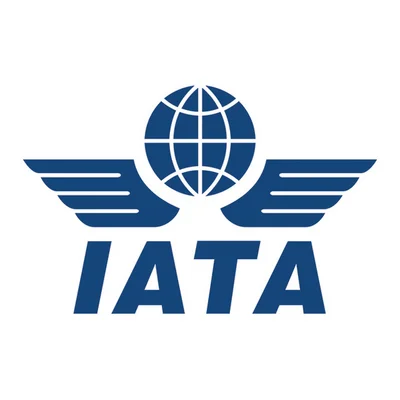When considering flight attendants, the typical image is of a commercial airline employee. However, private jets, used by charter companies, corporations, and individuals, also employ cabin crew. The role on private jets differs significantly from commercial airlines in terms of responsibilities and salary, which varies widely based on the employer.
Private jets are known for exclusivity and opulence, with flight attendants enhancing the passenger experience. While commercial flight attendants usually earn between $27,000 and $80,000 annually, private jet attendants can earn from $40,000 to over $100,000 per year, reflecting the unique demands and prestige of the job. A recent CNBC report noted that Netflix offered up to $385,000 for a flight attendant, an example that highlights the potential for high earnings in private aviation.
Commercial airline flight attendants often have work conditions defined by union contracts, which determine salaries and schedules. For private jet attendants, schedules can be unpredictable, with on-demand flights requiring flexible attendant availability. Schedules are often rotations of two weeks on, two weeks off.
 Alerts Sign-up
Alerts Sign-up




































